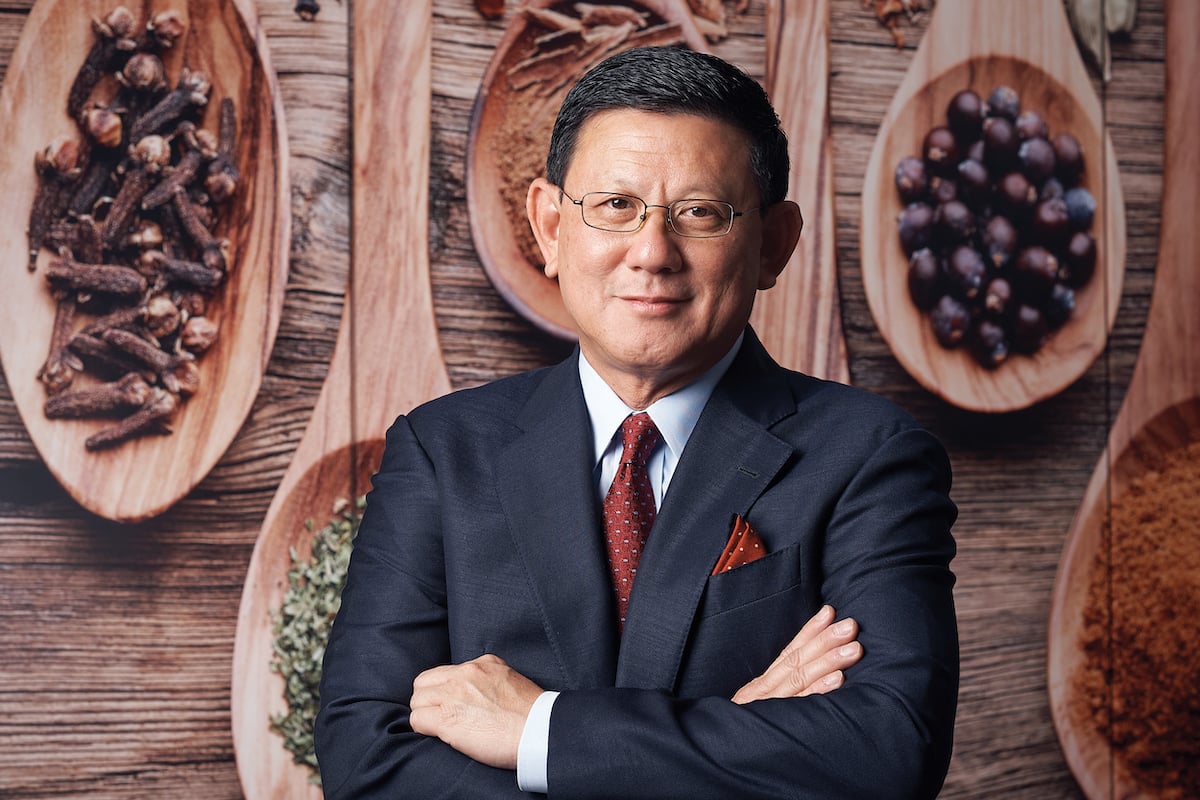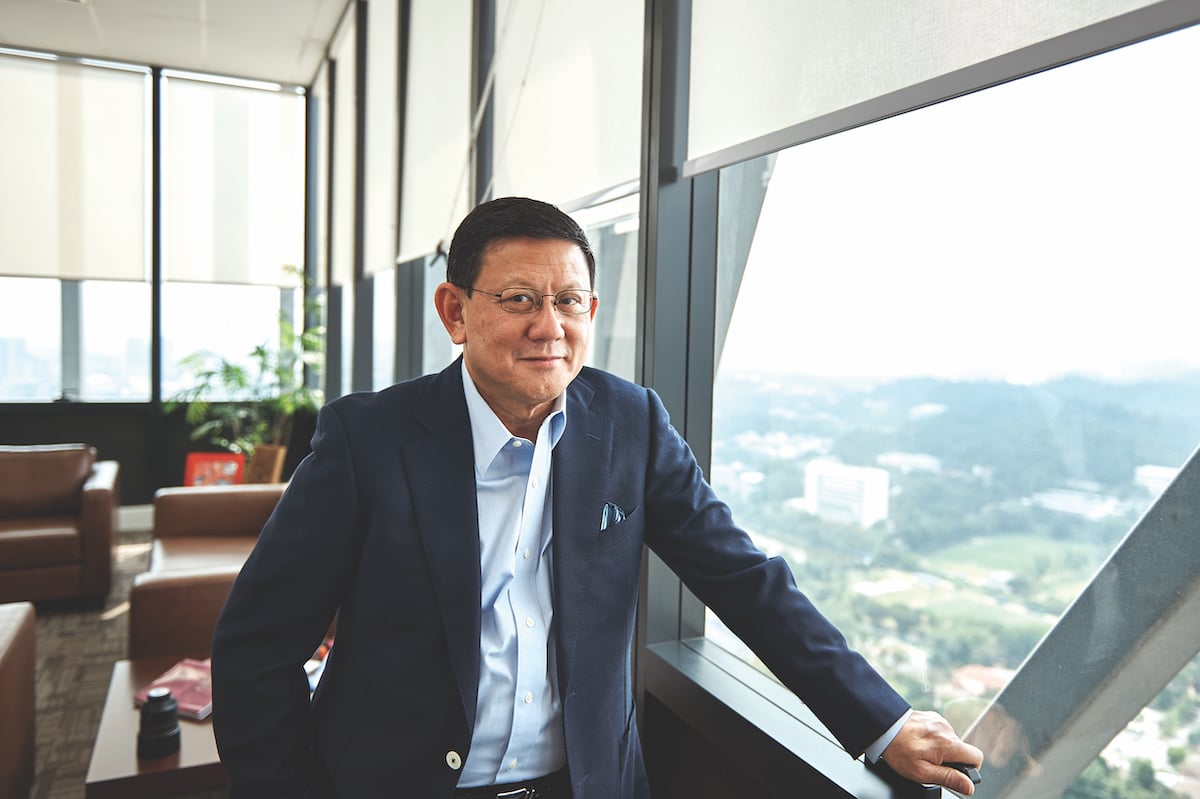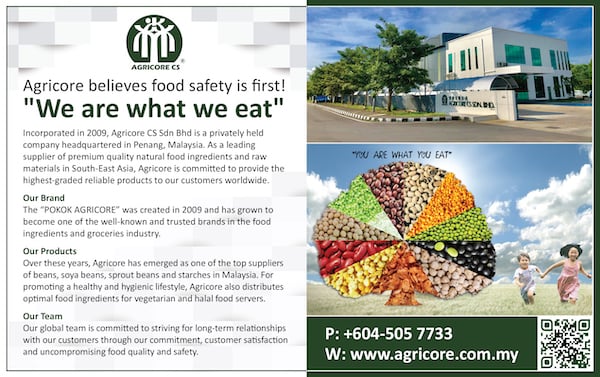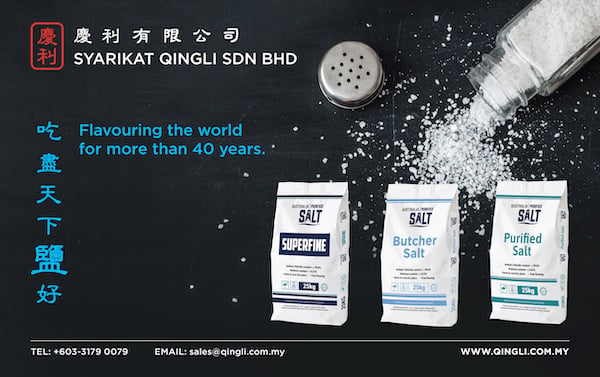Only a month after its acquisition by Heritage Foods Group, the 200-year-old Hamada soy sauce factory in Kumamoto, Japan, was battered by an earthquake. The historic building was left without electricity or water and was leaking after the earthquake inflicted severe damage.

After ensuring staff were safe, work was undertaken to restore the factory with the assistance of renowned architect Kengo Kuma (designer of the new stadium for Tokyo’s 2020 Olympics).
At the same time, Heritage Foods took the chance to install the latest production facilities, incorporating automation and up-to-date safety standards. But the company didn’t abandon the traditional manufacturing method, the 540-day fermentation in wooden barrels.
It’s symbolic of Heritage Foods’ mission; Managing Director Daniel Saw says the company aims to incorporate a diverse, modern collection of global brands, but only so long as those brands have a rich legacy behind them. “We’re not only acquiring brands; we’re acquiring heritage,” says Daniel.
“We’re not only acquiring brands; we’re acquiring heritage.”
“That’s why we’re called Heritage Foods. We only acquire brands and products with a heritage, a history. We want to be able to bring all these authentic brands to the world. For example, with Asian sauces, we’re doing well in Europe, and we started up in America last year. We continue to go for further acquisitions so we can bundle these brands together and form a sauce and condiment group that offers different food cultures to share with the consumer.”
Though he’s spent more than 30 years leading food conglomerates across Asia, Heritage Foods represents a change of pace for Daniel, not in terms of the products it deals in, but the business structure; his previous appointments had been with more traditional corporations, while Heritage Foods is a private equity investment.
Daniel considers it a good move for CEOs – better than the typical move to consulting or advisory roles. Even for retired CEOs, says Daniel, it’s a way to rejoin the professional world, leveraging experience and networks, while offering a more flexible, experimental environment. “I enjoy the entrepreneurship,” he explains.

“This job gives me a broader scope in terms of acquisitions. I enjoy taking these heritage-brand companies and transforming them into a global brand. There’s real satisfaction because it’s such a diversified role. The freedom to inject a kind of entrepreneurship is very important when you’re working in a multinational corporation. Some might have a set bible, rules to follow and so on, but this job gives me a 360-degree role. I can do what I think is best for the business without having my hands tied.”
Because Heritage Foods is a relatively new private equity fund, Daniel has a lot of responsibilities; in his own words, he “wears multiple hats”. He spends his time looking for potential brand acquisitions (currently in Europe and the US), through a network of relationships that he’s managed for the past 35 years. As a follow-up, he must ensure that said acquisitions are then strategically aligned.
“We only acquire brands and products with a heritage, a history. We want to be able to bring all these authentic brands to the world.”
At the same time, he’s appointing and installing the best management talent, working as a kind of coach. “The challenge is how, within the shortest period, to be able to get a good grip on the business and transform it, create a new business model,” he says.
“I’m not going there to be a follower. I’m a driver, an operator. When I go in, I get the team to support and work with me, because no leader can do everything by themselves. A leader requires a team of good, talented people, a united front achieving the goal together. It’s about quickly getting the people together and setting a clear strategy and direction.”
That clear strategy involves being a unique partner for international companies. Daniel believes Western markets are looking for professionalism and a commitment to CSR, as well as a capacity for long-term growth. Most crucially, Heritage Foods champions a deeply interconnected supplier relationship.
“It’s not a trading business,” Daniel explains. “We view it as long-term strategy partnership. We drive the business and the brand together, including the development and brand marketing. Ultimately, they could be a potential joint venture partner or even a merger and acquisition target. These are the companies we work with. We’re not looking purely at sales and distribution.”
Proudly supported by:




